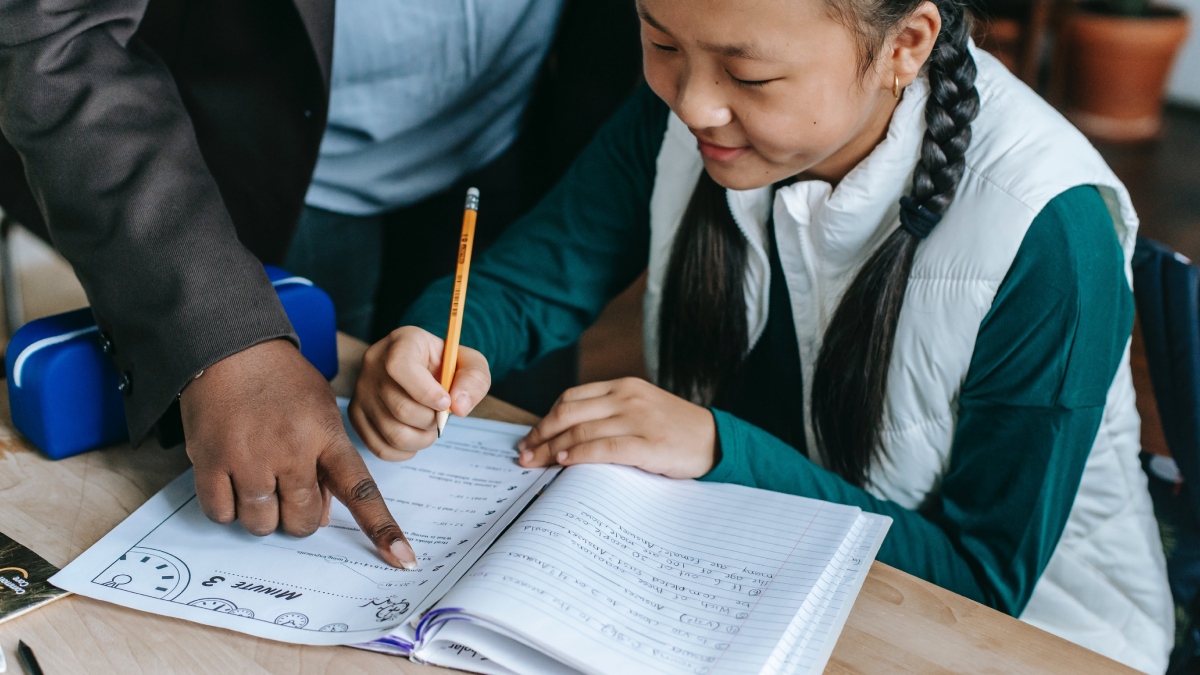The UAE has taken a significant step in the education sector by legalizing private tuitions. This move comes with the introduction of a new permit system that allows individuals to offer lessons outside traditional educational institutions. The initiative, launched by the Ministry of Human Resources and Emiratisation (MoHRE) and the Ministry of Education (MoE), aims to regulate private teaching and ensure quality education.
Who Can Apply?
The permit system is inclusive, allowing various groups to apply. Eligible applicants include registered teachers, both employed and unemployed
individuals, school students aged 15 to 18, and university students. This broad eligibility is designed to accommodate a diverse range of tutors.
Application Process and Permit Validity
Applicants can easily apply for the permit through the MoHRE’s digital platforms. The process involves selecting the ‘Private Teacher Work Permit’ option under the ‘Services’ tab on the ministry’s website. The permit, valid for two years, is issued free of charge, encouraging widespread participation.
Regulations and Penalties
The permit is a critical tool to curb illegal tutoring. Those found offering private lessons without this permit will face fines and other penalties, although specific amounts and details of these penalties have not been disclosed by the ministry.
Permit Features
The permit is versatile, covering both online and in-person tutoring. There is no restriction on the number of students a tutor can teach under this permit. Additionally, licensed tutors can operate from their home countries if they have valid UAE residency.
Processing Time and Reapplication
The ministry has streamlined the process, with permits typically issued within one to five working days. If an application is denied, the applicant can reapply after six months.
Required Documents
The required documentation varies based on the applicant’s profile. Common documents include valid UAE residency, a signed declaration, a certificate of good conduct, a no-objection certificate from the employer or guardian, an experience certificate, and a photo with a white background.
Objectives of the Permit System
The new system is designed to offer flexible education options while maintaining discipline and quality. It regulates private lessons nationally, protecting the rights of private teachers and ensuring students receive education tailored to their needs. Dr. Muhammad bin Ibrahim Al Mualla, undersecretary for Academic Affairs at the Ministry of Education, emphasized the permit’s role in curbing illegal and unregulated private teaching practices. Khalil Al Khoori, undersecretary for Human Resources Affairs at MoHRE, urged those seeking private lessons to engage authorized professionals and fulfill financial obligations as agreed.






